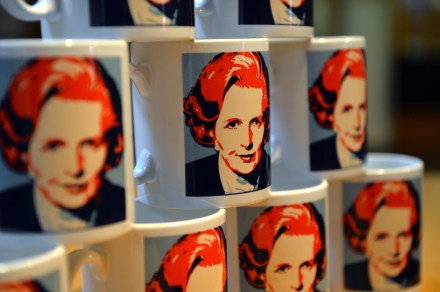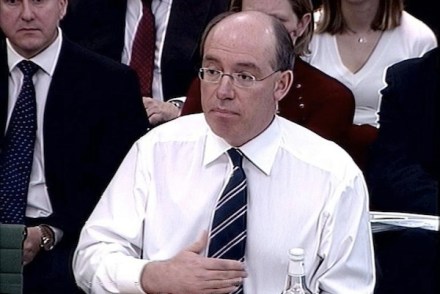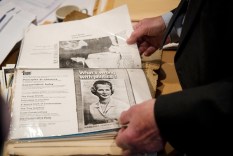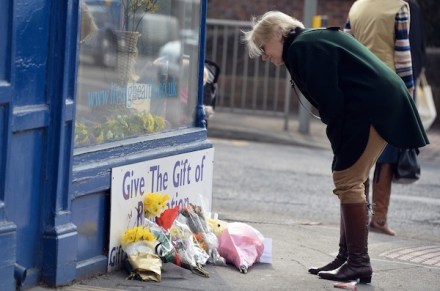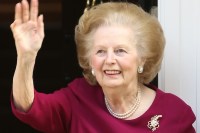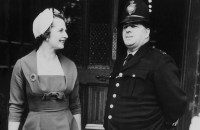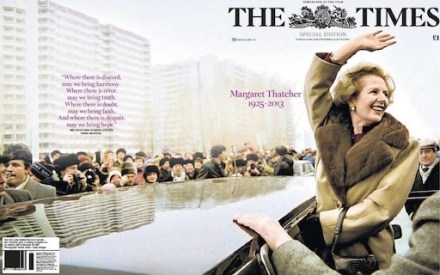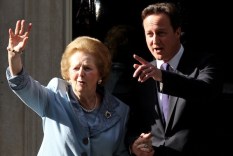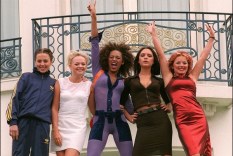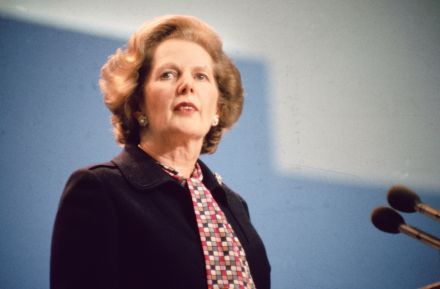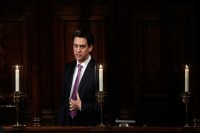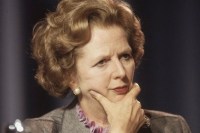Margaret Thatcher: An Accidental Libertarian Heroine
It is 34 years since Margaret Thatcher became Prime Minister. Coincidentally, she entered Downing Street 34 years after Clement Attlee won the 1945 general election. The whole history of post-war Britain is cleaved, neatly, in two. If the first half of that story was dominated by a left-led consensus, the second has been a triumph for liberalism. We have lived in an era of liberal emancipation and are much the better for it. Mrs Thatcher, of course, was a great economic liberal. Her approach to economics, guided by Smith, Hayek and Friedman, stressed the importance of individual endeavour. Remove the dead hand of state control and Britain could flourish again.
